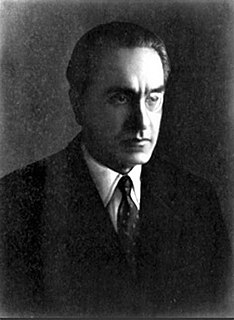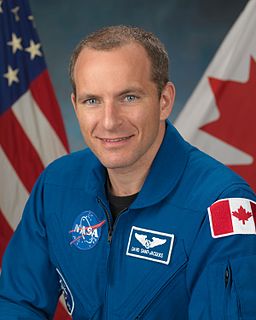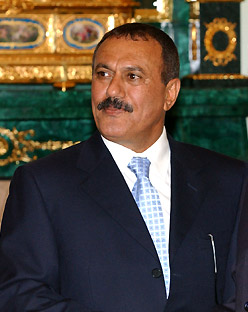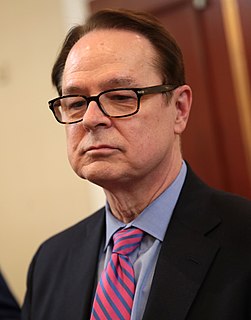A Quote by Margaret Thatcher
In the background lurks the scourge of international terrorism. There are people exercising power in a few countries and leading political factions in others who seem to be moved by narrow, brutal and irrational impulses. Their view of their own self-interest is so blinkered as to leave no space for purely human values, for peaceful negotiation or for economic advancement. They are bent on the destruction of the established order and of civilised ways of doing business. They must never be allowed to succeed.
Quote Topics
Advancement
Allowed
Background
Bent
Brutal
Business
Civilised
Countries
Destruction
Doing
Economic
Established
Exercising
Factions
Few
Human
Human Values
Impulses
Interest
International
International Terrorism
Irrational
Leading
Leave
Moved
Must
Narrow
Negotiation
Never
Order
Others
Own
Peaceful
People
Political
Power
Purely
Scourge
Seem
Self
Self-Interest
Space
Succeed
Terrorism
Values
View
Ways
Related Quotes
It’s in our interest to take care of others. Self-centrednes s is opposed to basic human nature. In our own interest as human beings we need to pay attention to our inner values. Sometimes people think compassion is only of help to others, while we get no benefit. This is a mistake. When you concern yourself with others, you naturally develop a sense of self-confidence . To help others takes courage and inner strength.
The fact that so many people choose to live in ways that narrow the community of fate to a very limited set of others and to define the rest as threatening to their way of life and values is deeply worrying because this contemporary form of tribalism, and the ideologies that support it, enable them to deny complex and more crosscutting mutual interdependencies-local, national, and international-and to elude their own role in creating long-term threats to their own wellbeing and that of others.
You know policy is driven purely in self interest. The Federal Reserve Bank and the commercial banks and the Wall Street banks are not acting in the interests of the population at large, they're acting purely in their own self-interest, which is a shame because they're actions dictate the reality for 300 million Americans. But they don't see it that way, they see it only as a way to preserve their own self-interest.
In space, you can't see the borders. It doesn't look like a map. We're all like kids fighting in a sandbox, on the political and human side of it. The International Space Station was built in orbit. Each piece hurtled into space at eight kilometres per second. From an engineering point of view, it's madness. It's also a feat of policy - Russia, the U.S., Germany and Japan working together. Do you realize what that means? These countries were sending nukes to each other a generation ago. Space does that. It gives us that amazing big picture.
Actually, the notion of what is acceptable for a moral government to do seems to have eroded in some ways since 9-11. Not to get too political here, but countries, including our own, seem to have accepted what was once almost unimaginable - condoning torture, for example, and even criminalizing peaceful protest.
It is clear that there are reasons for discontent in Iran - economic and political reasons. We have told the Iranian leadership repeatedly that the country's economic recovery can ultimately only succeed through greater international economic cooperation. And the precondition for that is not only that Iran refrain from developing nuclear weapons, but also that Iran's role in the region become far more peaceful. We have offered to finally hold true negotiations and talks on that issue.
No one must ever let power or social, economic, or political interest turn him or her away from other human beings, from the attention they deserve and the respect they are entitled to. nothing must ever lead to a person to compromise this principle or faith in favor of a political strategy aimed at saving or protecting a community from some peril. The freely offered, sincere heart of a poor, powerless individual is worth a thousand times more in the sight of God than the assiduously courted, self-interested heart of a rich one.
Libertarians have always battled the age-old scourge of war. They understood that war brought death and destruction on a grand scale, disrupted family and economic life, and put more power in the hands of the ruling class - which might explain why the rulers did not always share the popular sentiment for peace. Free men and women, of course, have often had to defend their own societies against foreign threats; but throughout history, war has usually been the common enemy of peaceful, productive people on all sides of the conflict.









































